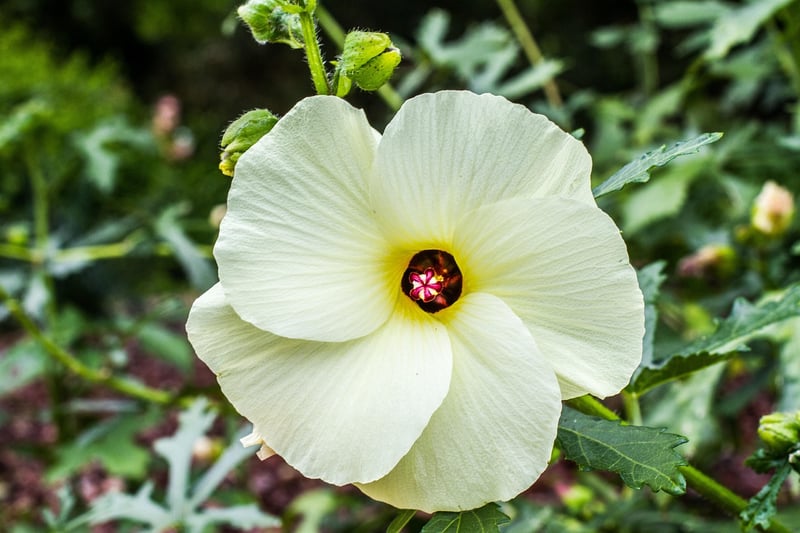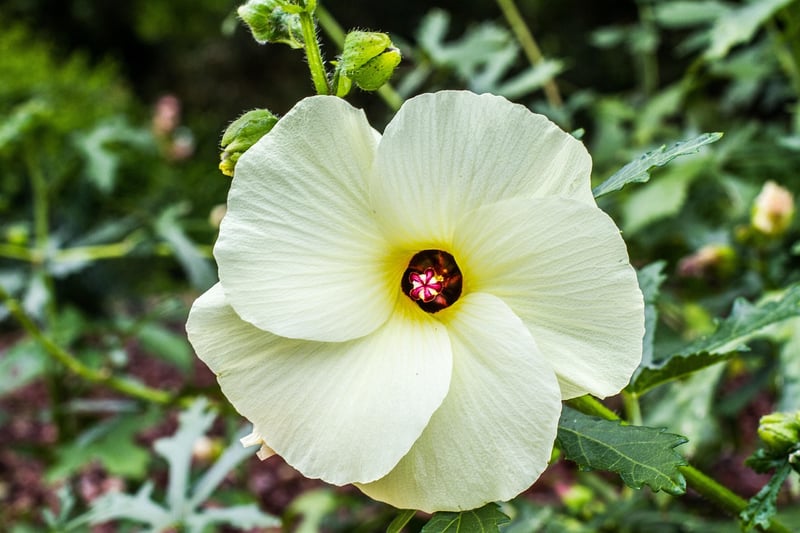Edible Flowers
Maximizing Your Yields with Edible Flowers
Are you looking to add a touch of elegance and flavor to your dishes while also boosting your garden's productivity? Consider incorporating edible flowers into your gardening routine. Not only do they offer a pop of color and unique taste to your culinary creations, but they can also help increase your yields by attracting pollinators and beneficial insects to your garden.
Benefits of Edible Flowers
Edible flowers not only provide aesthetic value but also offer several benefits to your garden:
- Pollinator Attraction: Flowers attract bees, butterflies, and other pollinators essential for fruit and vegetable production.
- Natural Pest Control: Some flowers repel pests or attract beneficial insects that prey on garden pests, reducing the need for chemical pesticides.
- Increased Yields: By promoting pollination and natural pest control, edible flowers can help improve the productivity of your garden.
- Culinary Versatility: Edible flowers add a unique flavor profile and visual appeal to a wide range of dishes, from salads to desserts.
Popular Edible Flowers
Here are some popular edible flowers that you can easily grow in your garden:
- Nasturtiums: These vibrant flowers have a peppery flavor, perfect for adding a zing to salads and garnishes.
- Calendula: Also known as marigold, calendula flowers have a slightly spicy taste and are often used in soups, stews, and teas.
- Lavender: With its fragrant and sweet flavor, lavender is a versatile flower used in baking, syrups, and teas.
- Roses: Rose petals are edible and can be used in a variety of dishes, from jams and jellies to salads and desserts.
Tips for Growing Edible Flowers
Here are some tips to help you successfully grow edible flowers in your garden:
- Choose the Right Varieties: Select edible flowers that are well-suited to your climate and growing conditions.
- Provide Adequate Sunlight: Most edible flowers thrive in full sun, so ensure they receive enough sunlight each day.
- Practice Good Soil Management: Use well-draining soil rich in organic matter to promote healthy flower growth.
- Regular Watering: Keep the soil consistently moist but not waterlogged to support flower development.
- Harvest Carefully: Harvest flowers in the morning when they are at their freshest and gently wash them before use.
By incorporating edible flowers into your garden, you can enhance the beauty of your outdoor space, attract beneficial insects, and elevate your culinary creations with unique flavors and colors. Start exploring the world of edible flowers today and reap the benefits of a more productive and vibrant garden!

Image Source: Pixabay
